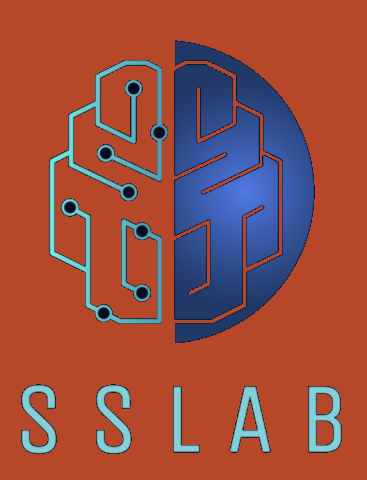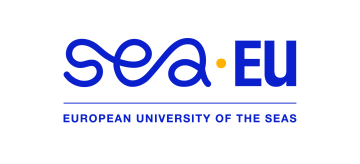
João Rodrigues holds a Ph.D. Electronics and Computer Engineering. He is a Coordinator Professor with Habilitation at the Institute of Engineering, University of the Algarve, Portugal, where he lectures on Computer Science and Computer Vision since 1994. He is a member of the Research Centre - Institute for Systems and Robotics (Lisbon), which is integrated into the Associated Laboratory LARSyS. João Rodrigues is a co-author of more than 200 scientific publications, belongs to the editorial board of several international journals, as well as organized or belongs to the organization of several special issues in journals, tracks, workshops and international scientific conferences in the area of Computer Science. He is the editor of several books on pattern recognition and developments and technologies for human-computer interaction. His main areas of interest are Computer Vision, Emotions Recognition, Human-Senses Modeling, Human-Centered AI (HCAI), Human-Computer Interaction (HCI), Adaptative Interfaces and Augmented Intelligence [https://bit.ly/3J5cOjj].
The Smart System Laboratory (SSLab) comprises three specialized units [https://smartsys.ualg.pt], namely:
- Visual Computing Lab (VClab) has served as a hub for cutting-edge research in computer science with a particular emphasis on applied research. We are committed to doing research and developing intelligent systems that always place the user or human at the forefront of the whole product or service development cycle. Human-centered AI, affective computing, human-computer interaction, computer vision, machine learning, adaptative interfaces, human senses, data science, and operations research are topics of interest.
- The Smart and Sustainable Systems Lab (3SLab) focuses on the research and development of innovative solutions in the field of energy efficiency, integration of renewable energy sources, and electric mobility. This includes the development, implementation and testing of innovative sensing devices, the research and implementation of machine learning and optimization algorithms, the development of Smart Charging solutions and of Energy Management Systems. A particular field of interest involves Local Energy Communities and Digital Twins, supported by the Living Lab of the Culatra Island, in Portugal.
- The Electric Energy Systems Lab (EESLab) supports the research efforts of the members of the Electrical Engineering Department and the training activities of the undergraduate and postgraduate students. The lab focuses on all aspects of electrical power systems: power generation, transmission and distribution, renewable energy, smart grids, protection devices, condition monitoring, fault diagnostics, energy storage, power electronics, and electric machines and drives. The lab is equipped with all the essential components needed for experiments involving electric power systems.
Veiga, Ricardo, Semião, Jorge, & Rodrigues, João M.F., Bentes, Luís, Ochoa, Iñigo, Silva, João P. & Belackova, Adela (2022) Autonomous Temporal Pseudo Labeling For Fish Detection, Applied Sciences 12(12), 5910. DOI: 10.3390/app12125910
Pacheco, A., Monteiro, J., Santos, J., Sequeira & C., Nunes, J. (2022). “Energy transition process and community engagement: the case of Culatra Island (Ria Formosa, Portugal)“, Renewable Energy Journal, Elsevier, January 2022. http://dx.doi.org/10.1016/j.renene.2021.11.115 (Impact Factor 8.39 in 2021, Quartile Q1 in Renewable Energy, Sustainability and the Environment).
Monteiro, J., Pedro, A. & Silva, A. J. (2021) “A Gray Code Model for the Encoding of Grid Cells in the Entorhinal Cortex”, Neural Computing and Applications, Springer Nature, September 2021, https://doi.org/10.1007/s00521-021-06482-w (Impact Factor 5.606 in 2020, Quartile Q1 in Software and Q2 in Artificial Intelligence).
Novais, R., Cardoso, P.J.S., & Rodrigues, J.M.F. (2022). Facial Emotions Classification Supported in an Ensemble Strategy. In: Antona, M., Stephanidis, C. (eds) Universal Access in Human-Computer Interaction. Novel Design Approaches and Technologies. HCII 2022. Lecture Notes in Computer Science, vol 13308. Springer, Cham. https://doi.org/10.1007/978-3-031-05028-2_32
Oliveira, L. M., & Cardoso, A. J. M. (2016). Comparing power transformer turn-to-turn faults protection methods: negative sequence component versus space-vector algorithms. IEEE Transactions on Industry Applications, 53(3), 2817-2825.
